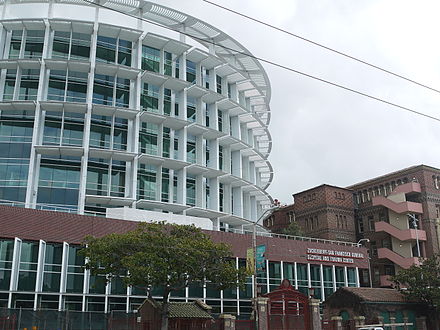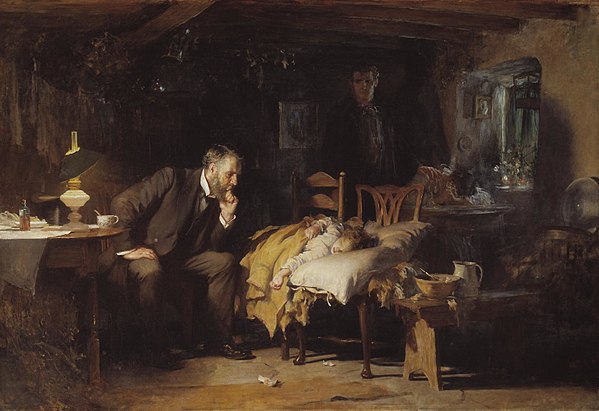Caryn Lerman, Ph.D., and J. Larry Jameson, M.D., both of the University of Pennsylvania, write in NEJM Catalyst about leadership development in the new world of medicine.
Among their remarks:
“We believe it is time for a critical assessment of the ways in which health systems develop, select, and support emerging physician leaders….”
“Physician leaders were traditionally selected on the basis of their national prominence and excellence as master clinicians, star researchers, and revered educators. These credentials remain important, but they aren’t sufficient in the current health care climate. Given the high rate of turnover among physician leaders such as department chairs and deans, we can no longer afford to neglect the skills that are essential for leaders to succeed. We believe there is a need for a new generation of leaders who can promote strategic and cultural alignment in the face of rapid change. … We suggest that health systems focus on three key strategies for promoting the effective development of physician leaders.”
“First, such systems could build a diverse pipeline of future physician leaders from within the organization. This approach would expand the pool of potential leaders, allow emerging leaders to take on progressively increasing responsibility, and ensure that leadership strategies are aligned with the organization’s culture and priorities. …”
“Second, health systems could implement a deliberate process for rigorously mining talent pools, whether internal or external. The most promising leaders are those who not only have experience and a compelling vision but also exemplify the core values of the institution and can engage and inspire others to rally around a shared vision. Physicians are understandably passionate about their own clinical specialties and research areas, but leaders need to understand, respect, and support the diverse interests of their teams and the institution in a balanced way. Physician leaders also need to partner effectively with nonphysician colleagues, including business leaders, administrators and nurses.”
“Third, health systems could implement structured processes for ‘onboarding’ and methods for gathering feedback. For example, listening tours that allow newly appointed leaders to solicit viewpoints from current leaders, faculty, and staff are invaluable for learning cultural norms and strategic priorities for the new role. This process also serves to establish new collaborative partnerships and build credibility for the new leader.”
To read the article, please hit this link.









